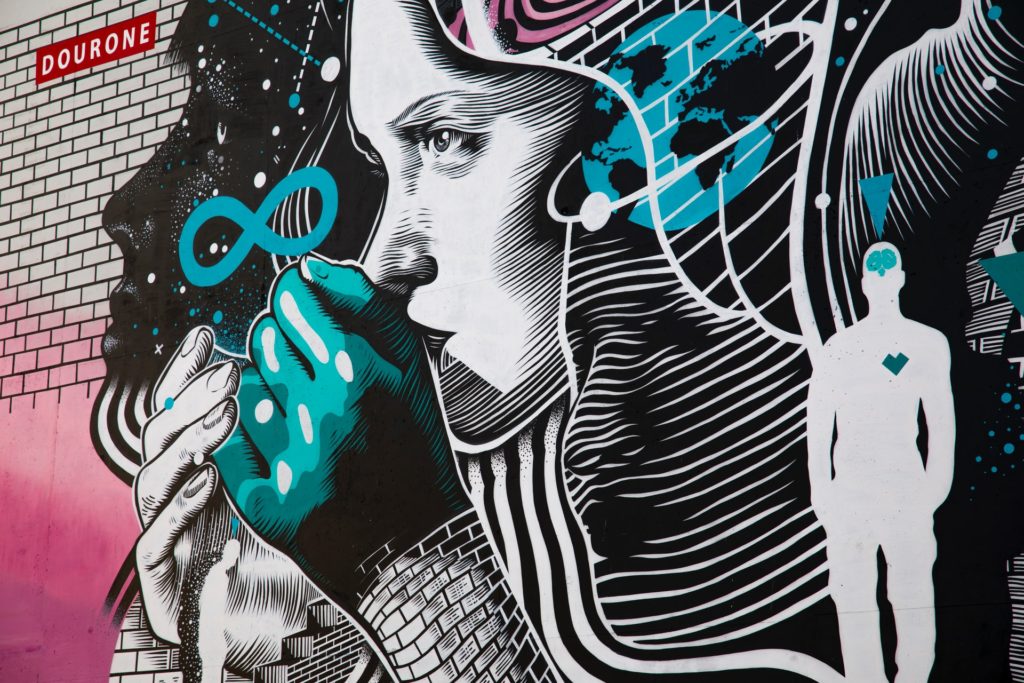July 5, 2021
Do Writers Have Social Responsibility?
I don’t know; that’s the only honest answer to the question above. That’s also the reason why I phrased it as a question. Do writers have any social responsibility? I will try to get a bit closer to the truth during the process of composing this post. If it can help you, too, in some way, all the better.
As a first thing, we would need to lay down some important theoretical foundations. When we wonder whether writers have social responsibility, there are two elements we need to define or clarify:
- What do we mean by “writers”? Fiction writers? Nonfiction writers? Artists (who, remember, are not the same as writers)?
- What on earth is “social responsibility”?
Most misunderstandings arise from using the same word but meaning different things – think of “love” or “success” – so being as clear as possible about our definitions is important. So, I’ll begin with trying to clarify these terms in my own head first, and then I’ll try to see how (if at all) they play ball together.

Defining “Writers” and “Social Responsibility”
Obviously, a “writer” is someone who composes texts – from a mindless tweet to stunning novels of timeless beauty. But this broad definition isn’t too useful for our purposes. When we talk about writers and social responsibility (which we haven’t defined yet, I know), we ought to be talking about authors of fiction. The responsibility of e.g. journalists in terms of not spreading fake news or unintended misinformation is another matter, outside the scope of this post.
To be honest with you – and myself – the reason I approach the matter from this perspective is because I already have an idea of how to define social responsibility: It would be the responsibility of an author (of fiction) to produce artistic work that is inspiring, enlightening, offering a catalyst for betterment – individual and (consequently) social as well.
To use an example, when we think of the contributions of such authors as Sophocles, Shakespeare, or Lord Byron to humankind, these contributions are not solely literary. In other words, through their works, society has become cumulatively better. By reading such authors, we have a better understanding of timeless issues pertaining to life, relationships, societies themselves, and overall the human experience.
So, How Responsible Is an Author for Their Work?
There is an interesting paradox at the heart of each work of fiction: Meaning is not a prerogative of its author. You can have a work giving birth to a multitude of meanings – indeed, my poem shuffler revealed this very fact – that depend on the audience.
Can we, then, speak of writers and social responsibility when a writer doesn’t even control their own text?
I think we can, and I think the answer might indeed lie in the paradox itself: A writer’s social responsibility is to produce work that is interpretatively flexible. In other words, authors have a responsibility to do their utmost to produce poems and novels that are as independent as possible in terms of meaning.
The ideal such work I can think off the top of my head would be Invisible Cities, by Italo Calvino. To put it simply, this “novel” is likely really close to having no meaning of its own, delegating full interpretative authority to its readers.
Yeah, that wasn’t “putting it simply”; let’s try again.
The less inflexible you are with your story, the more your readers will be forced to exercise their imagination and creativity. This, in turn, teaches people how to read.
Putting all elements together, embracing your writer’s social responsibility is to produce works that are interpretatively fluid, symbolic, and open-ended, because this way you help produce better thinkers. Your authorial IQ can produce better reader IQ.
Do Writers Have Social Responsibility?
Yes, the concluding section of this post features the same title as the whole post. This is once more to underline the fact that I’m thinking aloud here. Despite my apparent certainty in the section above, the answer remains: I’m not sure.
The problem isn’t so much about the method which, I am convinced, is solid: Writing interpretatively flexible narratives does produce better thinkers. But I’m having my doubts regarding the “social responsibility” part. In other words, I’m not sure it’s my (or any writer’s) social responsibility to do such a thing.
I write because I feel like it. I write because works such as The Perfect Gray or Illiterary Fiction needed to be written. In the end, I simply don’t care about society. Each one of us has their own journey to undertake, their own conclusions to draw.
I’m happy when people read my books (or this blog) and can find them meaningful of useful. But I don’t see it as my responsibility. Writers don’t have social responsibility. Their only responsibility is toward the art.
I don't show you ads, newsletter pop-ups, or buttons for disgusting social media; everything is offered for free. Wanna help support a human internet?
(If you'd like to see what exactly you're supporting, read my creative manifesto).
